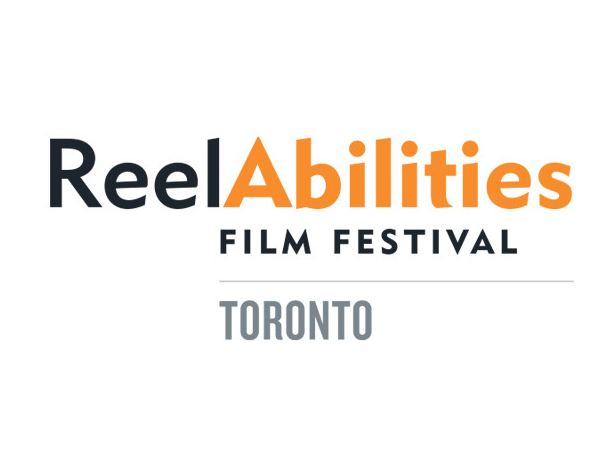
Accessibility for
REAL TIME EVENTS
Education, Conferences & Festivals
Film Festivals
Image: Red theatre chairs.
Overview
The directive of film festivals is to showcase different and diverse voices, to excite, challenge and question viewers, and to expand viewpoints on world cinema. Including accessibility in the manifesto for film festivals is important - but it isn’t enough. Disabled people cannot be treated just as a potential audience, but also as film and media makers. In this upcoming section, you will learn about The ReelAbilities Film Festival (RAFF) opens in new window, an international film festival devoted to presenting stories by, for, and about disability.
Developing an Understanding
Often, films about disability carry an underlying message that disabilities prevent a person from living a full life. Toronto film critic and ReelAbilities Film Festival Toronto (RAFFTO) juror Angelo Muredda believes that “disabled people are used to seeing these sorts of able-bodied, disabled narratives about disability as this kind of tragic condition that keeps you from living a real life, that you have to get past" (vanKampen, 2017).
This is a misrepresentation of how people with disabilities live their lives. The answer, Muredda says, lies in allowing people with disabilities to tell their own stories. "We want to see ourselves represented the way that we are... And see our lived experiences in books and on screen" (vanKampen, 2017).
The ReelAbilities Film Festival is dedicated to showcasing the work and stories of D/deaf and/or disabled communities and filmmakers from around the world. (ReelAbilities, 2024). Founded in New York City in 2007, the festival has since crossed the border and launched in Toronto, Ontario. RAFFTO is passionate about supporting the development of D/deaf and disabled creative communities around the city, and foregrounding accessibility in every aspect of their outputs. As well as their annual fully accessible film festival, and workshops to teach filmmakers about accessibility, RAFFTO also runs ReelEducation opens in new window, a program supporting educators and students from kindergarten to high school access workshops, toolkits and free films to support their learning about disability, year round. Each ReelEducation kit comes in an accessible format (films with open captioning) with a lesson plan that identifies the theme in each film (ReelEducation, 2024).
The ReelAbilities Film Festival Toronto opens in new window showcases Canadian and International shorts, features, and documentaries about D/deaf and disability cultures, by filmmakers and actors with disabilities and/or who are D/deaf. “The most beautiful process of any film festival is getting to watch the films and seeing the themes that arise every year,” said RAFFTO artistic director Lora Campbell in a 2023 interview with CP24 opens in new window (CP24, 2023).
The 2023 theme was interdependancy and the work that goes into sustaining and uplifting communities. At the 2023 festival, 22 films were screened in a virtual/in person hybrid format, with ASL interpretation and CART (Computer Access Realtime Translation) offered with every screening. Films were shown via Zoom and at accessible venues around the GTA such as the Bata Shoe Museum, Innis Town Hall, and the Canadian Helen Keller Centre. (ReelAbilities Instagram, 2024).
In a press release from January of 2024, RAFFTO announced that due to funding constraints they would have to postpone the May 2024 festival to an undetermined date. Recent provincial cuts to Ontario’s arts budget has made it very hard for arts showcases, grants and independent festivals to thrive.
Arts funding is integral to supporting marginalized media makers get their work made, shown, and heard - which is why it is so important to support initiatives such as RAFFTO and others so accessible arts and media survive and flourish.
Watch this trailer for Advocacy Club, a documentary directed by Michael McNeely. Advocacy Club showcasing the experiences of the D/deafblind community at the Canadian Helen Keller Centre. It has won several awards, including Best Feature Documentary at the LA Sun Film Festival.
Here are statistics from the 2018 ReelAbilities Toronto Film Festival:
- 30 screenings
- 100% of films captioned
- 5 accessible venues
- 17 ASL interpreted events
- 15 million reached through media coverage
- 25 actors and directors from RAFF films in attendance
- 1 relaxed dance performance
- 1 all day free screenings at City Hall for Doors open
- 5 comedians with disabilities for "What's So Funny About Disability" comedy night
- 48 community partners and sponsors
- 14,000 in attendance, including our Doors Open screenings
Image: Reel Access: A guide to accessible film festivals and screenings book cover.





